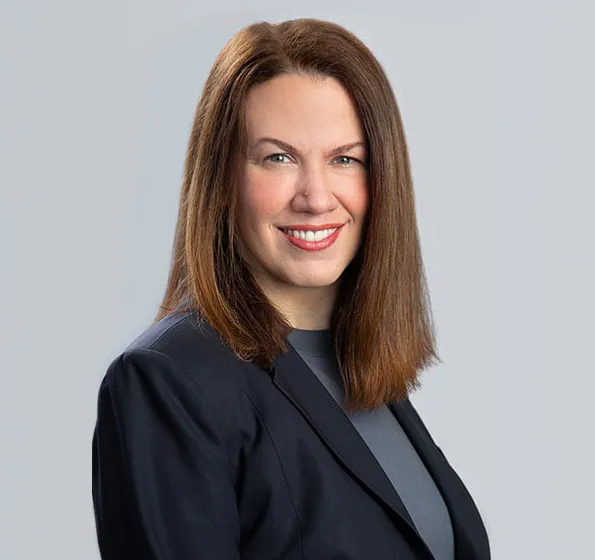In-house lawyer Christine Uri has been involved with sustainability initiatives for nine years, a journey that started with her volunteering for a leadership group to advise on her company’s corporate sustainability strategy.
During her time at ENGIE Impact, a consultancy that helps companies and governments work to reduce their carbon footprints, Uri later progressed to serving as both chief legal officer and chief human resources officer. The corporate sustainability initiative was an HR program, giving her the chance to provide oversight.
More recently, the company decided to elevate its sustainability program and create a chief sustainability officer position on its executive team.
Uri said she was a natural fit for the post given her longtime involvement with the program, and she began the sustainability officer position in 2019 while remaining chief legal officer.
Her dual roles are one example of how legal department leaders are increasingly being called upon to guide companies in carrying out their environmental, social and governance (ESG) strategies.
“I really believe that business has the opportunity and the obligation to change the world for the better — and now more than ever,” Uri told Legal Dive. “So for me, the sustainability officer role is a way to help make that happen.”
Expanding knowledge
Even though Uri had worked on corporate sustainability initiatives for several years, she said there was a steep learning curve when she first became sustainability chief.
She attributed this to the fact that ENGIE Impact decided to significantly increase its sustainability commitments in 2019, forcing Uri to develop greater understanding about topics such as carbon accounting and zero waste programs.

Working at a company that advises others on a wide array of sustainability matters made it easier for Uri to quickly expand her knowledge base.
“I was very fortunate because we really have the best experts in the world on these subjects, so I was able to lean on them to help get me up to speed on the technical aspects of sustainability,” she said.
Building support
Once she developed greater technical expertise, Uri turned her focus to building strategic support for her company’s sustainability initiatives.
She said this part of the process is essential because sustainability projects need to touch all areas of a business for them to be effective.
“You need to understand the client needs, the operations, the employee expectations, investor expectations and really be able to bring the whole executive team in alignment in supporting those goals,” Uri said.
This is where Uri’s time working in and leading ENGIE Impact’s legal department has come in handy, as it has given her experience working with many different areas of the business.
“I already had a set of relationships in place to be able to create that cross-functional collaboration that you really need,” she said.
Demonstrating Progress
Uri has seen ENGIE Impact make significant progress on its ESG-related objectives during her time as chief sustainability officer.
The company achieved its goal of becoming carbon negative — meaning it removes more carbon from the atmosphere than it emits — by 2021. It also balanced its water use in the U.S. by 2021.
”Our ambition is to not only be more efficient in our water consumption but restore and replenish watersheds that supply our own local communities,” the company said on its website.
ENGIE Impact is now working to balance its water use internationally and achieve zero waste by 2023.
The company also participates in the UN Global Compact reporting process in which it describes the progress it has made in areas such as human rights, labor and anti-corruption.
“In addition to being very strong on the environmental side, we try to zoom out a bit and engage in the whole picture of what it means to be a sustainable company,” Uri said.
Encouraging others
Uri said she is pleased to see other companies’ legal departments leaders and in-house counsel get more involved in promoting sustainability at their companies.
Nine in 10 legal departments lead a “material portion” of ESG initiatives in their organizations, according to survey results from Morrison Foerster and Corporate Counsel released earlier this year.
Uri said she hopes to see the trend continue, which is why she actively posts on LinkedIn and speaks about the powerful role legal teams can play in advancing corporate sustainability programs.
The levers legal departments can pull to promote ESG objectives include altering how they contract, how they procure services and how they manage risk, she said.
“I think it's very positive that legal teams in companies are getting more involved with sustainability and ESG because they can make such a huge difference,” Uri said.











